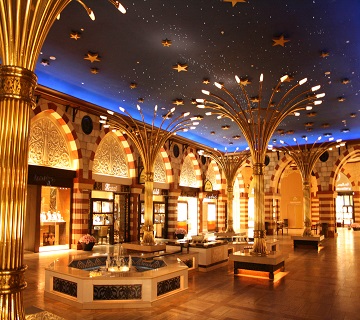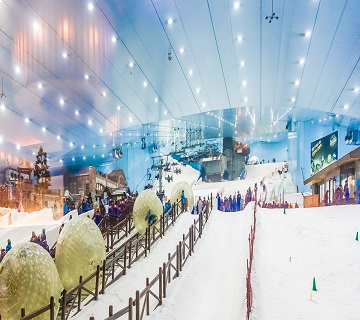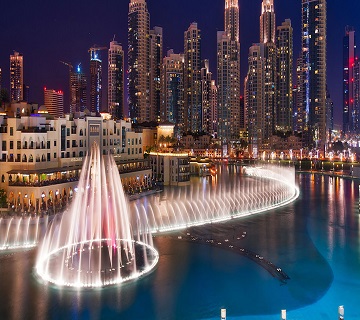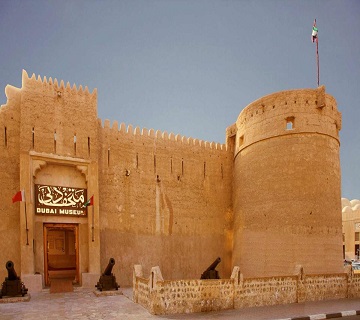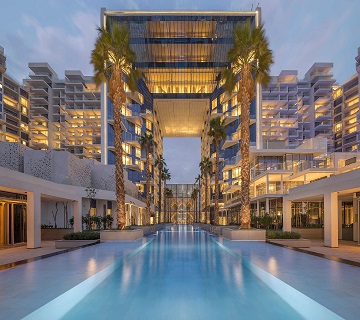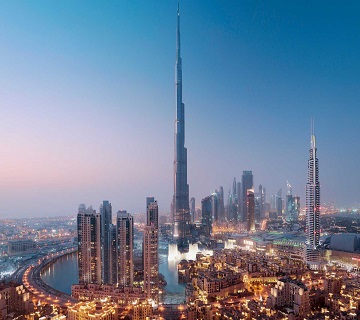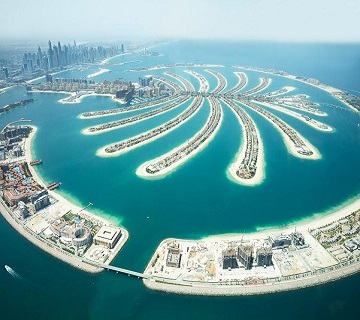Venue & Hospitality
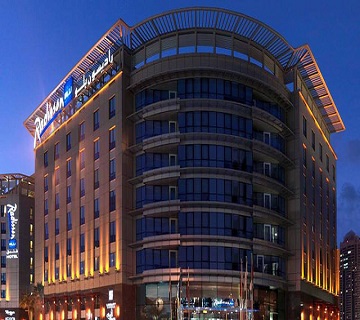
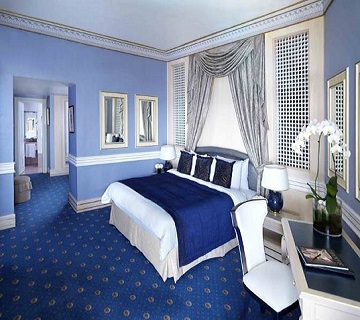
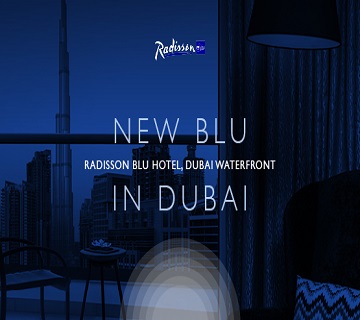
City Highlights
About City
ABOUT UAE
The United Arab Emirates is the constitutional federation of seven emirates: Abu Dhabi, Dubai, Sharjah, Ajman, Umm Al-Quwain, Ras Al Khaimah, and Al Fujairah. It stretched over 1448 km from the west coast of Persian Gulf and Gulf of Oman, where water and land overlap, to the Arabian Peninsula. Rich of pearls which have been sustaining the UAE population for centuries, the coastline is studded with islands, coral reefs and ridges. Nearly 200 islands fall under the UAE territory on Persian Gulf, including Abu Dhabi Island, capital of United Arab Emirates, Das Island which is rich in Oil, Delma Island which is rich in pearls, Umm Al Nar Island, Saadyat Island, Hamra Island near Ras Al Khaimah, Abu Moosa Island, Greater Tunb Island, Lesser Tunb Island, and other islands which have left their mark on UAE. The United Arab Emirates mainland varies from narrow plains surrounded with sand desert throughout the west and the south to highlands stretching in the Far East and southern east to the borders of Oman. According to recent discoveries, human settlement in UAE dates back to several thousand years and probably, to the Stone Age (5500 B.C. or 7500 B.C.), where the weather was humid with frequent rainfall. Arabic is the official language, although English is widely spoken and most road and shop signs and restaurant menus are in both languages. Temperatures range from a low of around 13°C (50°F) on a winter’s night, to a high of around 42°C (118°F) on a summer’s day. The cooler months, November to April, are the most pleasant time to visit, when temperatures are around 24°C (75°F) during the day and 13°C (56°F) at night. Islam is the official religion and Arabic is the official language of the UAE. The UAE'S oil reserves are the seventh largest in the world, while its natural gas reserves are the world's seventeenth largest. Sheikh Zayed, ruler of Abu Dhabi and the first President of the UAE, oversaw the development of the Emirates and steered oil revenues into healthcare, education and infrastructure. The UAE's economy is the most diversified in the Gulf Cooperation Council, while its most populous city of Dubai is an important global city and an international aviation hub. Nevertheless, the country is much less reliant on oil and gas than in previous years and is economically focusing on tourism and business.
The United Arab Emirates is an Arabian Peninsula nation settled mainly along the Persian (Arabian) Gulf. Abu Dhabi, the island capital, is home to Sheikh Zayed Grand Mosque, with crystal chandeliers and room for 40,000 worshipers. Dubai is the site of ultramodern Burj Khalifa tower, enormous shopping centers and extravagant entertainment attractions.
Some Top Universities in UAE
Higher college of technology
United Arab Emirates University
University of Sarjah
New York University, Abu Dhabi
Zayed University
American University in Dubai
Abu Dhabi University
Khalifa University
Canadian university of Dubai
British University in Dubai
University of Dubai
Skyline University College
Al Falah University
Ajman University
ABOUT DUBAI
Dubai is a city and emirate in the United Arab Emirates known for luxury shopping, ultramodern architecture and a lively nightlife scene. Burj Khalifa, an 830m-tall tower, dominates the skyscraper-filled skyline. At its foot lies Dubai Fountain, with jets and lights choreographed to music. On artificial islands just offshore is Atlantis, The Palm, a resort with water and marine-animal parks. From the timeless tranquility of the desert to the lively bustle of the souk, Dubai offers a kaleidoscope of attractions for visitors. The emirate embraces a wide variety of scenery in a very small area. In a single day, the tourist can experience everything from rugged mountains and awe-inspiring sand dunes to sandy beaches and lush green parks, from dusty villages to luxurious residential districts and from ancient houses with wind towers to ultra-modern shopping malls. The emirate is both a dynamic international business center and a laid-back tourist escape; a city where the sophistication of the 21st century walks hand in hand with the simplicity of a bygone era. But these contrasts give Dubai its unique flavor and personality; a cosmopolitan society with an international lifestyle, yet with a culture deeply rooted in the Islamic traditions of Arabia.
Having expanded along both banks of the Creek, Dubai’s central business district is divided into two parts — Deira on the northern side and Bur Dubai to the south — connected by a tunnel and two bridges. Each has its share of fine mosques and busy souks, of public buildings, shopping malls, hotels, office towers, banks, hospitals, schools, apartments and villas. Outside this core, the city extends to the neighboring emirate of Sharjah to the north, while extending south and west in a long ribbon of development alongside the Gulf, through the districts of Satwa, Jumeirah and Umm Suqeim to new Dubai.
Tourist Attraction
Burj Khalifa
Dubai Fountain
The mall of emirates
Dubai Marina
Dubai Museum
Ski Dubai
Palm Islands
Jumeirah Beach
Burj Al Arab
The Dubai Mall
Palm Jumeirah
Dubai Creek
Venue
Radisson Blu Hotel, Dubai Deira Creek Baniyas Rd Emirate 10787 Dubai, UAE

